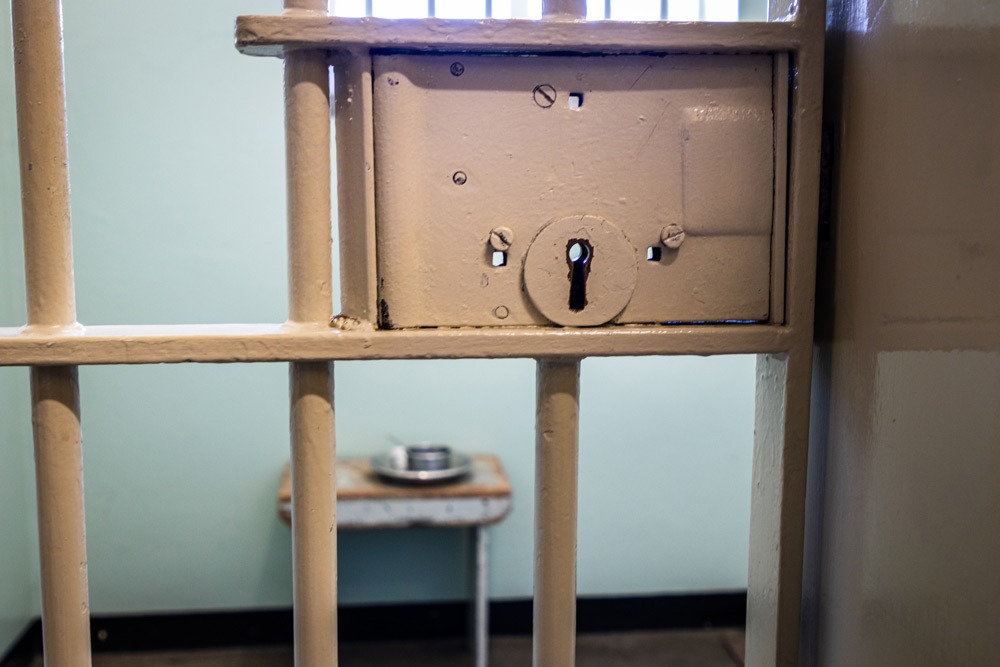February 6, 2017; USA Today
We all have a front-row seat at the moment, as a number of world-class companies are being confronted by stakeholders and challenged to take up the principles they have espoused over the years. NPQ has covered stakeholder revolts in the nonprofit, for-profit, and government sectors. The commonalities are multiple, but they generally include simultaneous action on the part of a few distinct stakeholder groups that believe that the entity has broken with—or needs to be clearer in expressing—their shared values. In this case, reports the New York Times, the employees rather than the executives have been fueling some of the actions taken to date, but customers have also played a part.
In the end, at least 127 major U.S. technology companies, including Microsoft, Apple, Google, and Facebook, on Sunday filed an amicus—or “friend of the court”—brief opposing the federal government’s bid to have a federal court in the state of Washington resume President Trump’s temporary immigration/travel ban. The companies collectively assert that the order violates immigration laws and the constitution and that it visits “significant harm on American business, innovation, and growth.”
Let’s sit with that for a moment.
Sign up for our free newsletters
Subscribe to NPQ's newsletters to have our top stories delivered directly to your inbox.
By signing up, you agree to our privacy policy and terms of use, and to receive messages from NPQ and our partners.
Late last week, Washington state Attorney General Bob Ferguson filed suit in federal court to stay the order, and on Friday, U.S. District Judge James Robart issued an emergency injunction barring the government from enforcing the order at U.S. borders.
“Immigrants,” the technology companies’ filing Sunday said, “make many of the nation’s greatest discoveries, and create some of the country’s most innovative and iconic companies. Immigrants are among our leading entrepreneurs, politicians, artists, and philanthropists.”
Other signatories include Airbnb, eBay, Intel, LinkedIn, Netflix, Twitter and Uber. IBM, Cisco, and Peter Thiel’s Palantir were notable in their absence.
“There is no precedent for an order like this one in magnitude or kind,” the filing said. The case is expected to be heard by this court before the end of the week but may be headed for the U.S. Supreme Court.—Ruth McCambridge













